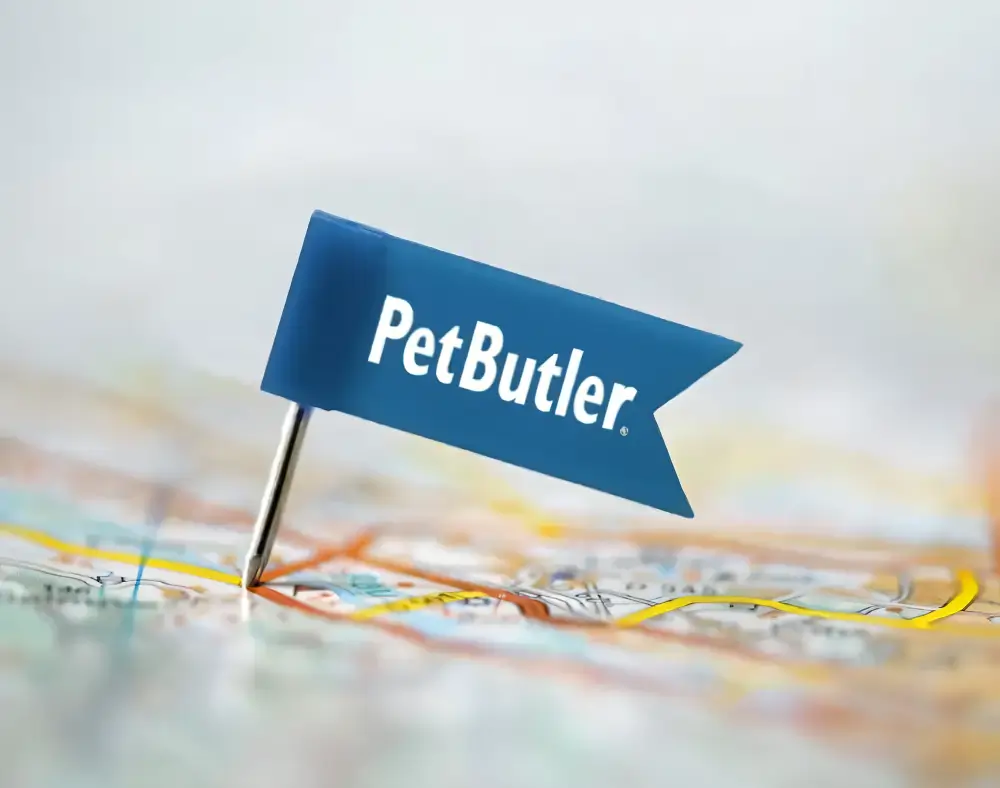Dogs are complex animals with social, mental, and physical needs much like our own. They thrive in safe, nurturing, and consistent environments that provide companionship and routine. So, what happens when those environments are disrupted by a change in work schedule, a new location, or a life alter event? For many of us, returning to work has been an adjustment, but not just for humans. Some dogs exhibit clinical signs that can only be attributed to pet depression. Of course, we can’t ask them how they are feeling, but we can be aware of how these changes in routine can lead to sadness and depression. The real question is, what we can do about it?
What are signs that my pet might have pet depression?
Many dogs exhibit symptoms consistent with their human counterparts including those of pet depression. If your pet is normally excitable and friendly but has been spending more time hiding behind the couch, they could have pet depression. Some signs include:
- Not wanting to go on their normal walk
- Sleep excessively
- Changes in appetite or no appetite
- Shaking & whining
- Not wanting to play with their favorite things
- Excessive sniffing, circling, and/or licking
- Aggression
- Relieving themselves in naughty places
What is causing my pet’s depression?
To treat pet depression, we need to look at what changes may have triggered the condition. First, have your dog examined by a veterinarian. The vet may recommend blood tests or other diagnostics to determine if a physical ailment such as arthritis pain or endocrine disease is present. Certain medical problems can lead to behavior changes that mimic or lead to depression.
If your dog is otherwise healthy, be aware of shifts in the environment that may have led to pet depression. Is your pet not receiving enough exercise or attention due to a job change? Have you recently moved? For many of us that have returned to work, our pets are not receiving the companionship they have come to rely on.
How can I treat my pet’s depression?
- Quality Time – Spend additional time with your pet if you think they are lonely. Make sure you have a consistent routine that includes plenty of exercise. Dogs are creatures of habit that come to anticipate positive interactions, grooming, and feeding times. Mentally stimulating games and classes such as obedience or nose work can provide a depressed pet with a social outlet and a confidence booster. Some dogs love car rides, vigorous brushing, or fetch. It sounds simple but do more of what your pet loves!
- Train Them – While you may want to comfort a depressed pet with treats and positive affirmations, save the food rewards for when they exhibit desired behaviors. Pets with depression should be taught to relax in stressful situations. Use recorded sounds played for a short duration, at low volume while petting or feeding to get them. This will help get them acclimated to the stressful triggers. Provide a secure, quiet space and reward them when they can respond to commands such as “settle”, or they resume eating in the presence of the trigger. You can use sounds like the jangling of your keys, the hairdryer in the morning, or starting your car. Any sound that signals a change in the environment is coming.
The good news is most dogs that have pet depression are sad for a short duration of time. Once the inciting cause has been addressed, their mood improves. For dogs without any other physical ailment that continue to behave unusually, a visit to the vet for a prescription of canine anti-anxiety drugs or medication for depression may be in order. Pets usually show a positive response to the pharmaceuticals within 6-8 weeks. They can often be weaned off after less than a year.
Stay plugged into your pets’ changing moods and habits. The sooner we identify and treat pet depression, the more quickly we can get those tails wagging! For pet wellness tips, you can go to Petbutler.com/wellness-guide. At Pet Butler, we understand that your pet is family. We know you want quality care and advice when you need it. That’s why Pet Butler is in the business of helping care for your pet’s needs. We provide waste removal services to keep your yard poop-free for you and your pet. Go to Petbutler.com to sign up for our poop scooping services today!

